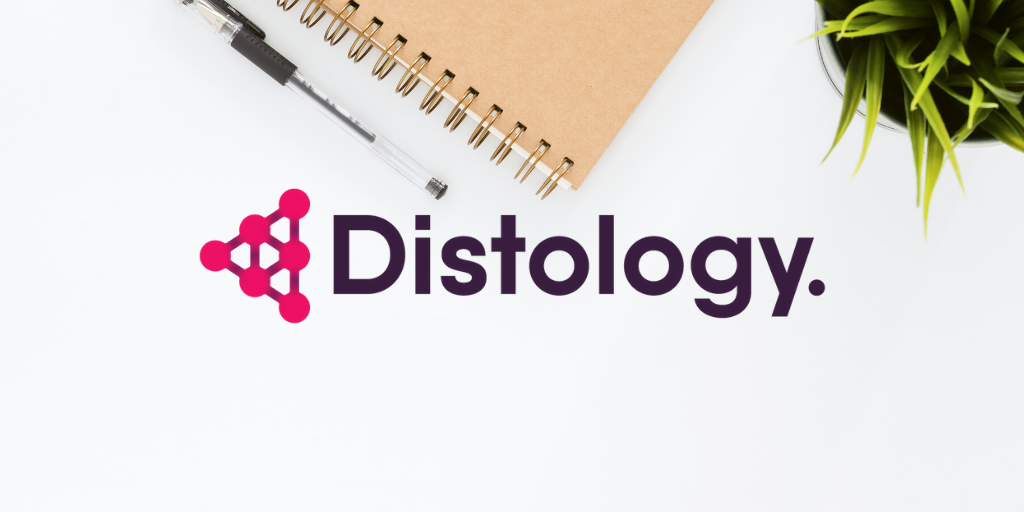Like many people across the country, the Distology team have been working from home and in our downtime, we’ve been glued to Netflix and during our team catch up calls we’ve been chatting about the series that have us hooked! One TV series in particular – filmed very close to home has been the most recent topic of discussion…
‘The Stranger’ on Netflix is an adaptation of Harlan Coben’s novel of the same name, and for anyone who hasn’t watched it yet, the Den of Geek summarises the plot line as follows:
“Harlan Coben’s 2015 novel The Stranger is a story to give pause to anybody who thinks that an incognito tab or a fake online username will keep their secrets. Barring the most sophisticated spook tech, whatever an ordinary person does online is traceable to someone, somewhere.”
Scary.
So, why are the Distology team particularly interested in this series? Well, it’s partly due to the series being filmed in our very own hometown of Stockport.
The opening scenes are filmed just 2 minutes from our offices and features our beautiful market hall (where Jennifer Saunders is approached by The Stranger) and a variety of locations in Manchester City Centre – just 10 minutes away from our office by train.
But the other big reason is the real cyber security issues that are tackled in this storyline.
Over the past 20+ years, our lives have been turned upside down by the introduction of a little something called the internet…
We welcomed it into our lives with open arms and it has continually evolved, providing us with increasing levels of convenience, connecting us with our friends and family in ways we never thought possible, it’s made us incredibly efficient and productive at work through cloud based applications and the only thing it has asked for in return is our personal data and information – fair exchange, yes?
Well, not so much when your data falls into the wrong hands. Your personal data is incredibly valuable, and hackers know this. So, if like Coben alludes that everything we do or say online is trackable, then how can we protect against this?
For example, for those of you who have an Apple phone – here’s a little test that you can do right now to see what information is being stored without you even necessarily knowing or actively agreeing to this…
Go to your settings > privacy > location services > system services > significant locations.
Here, you’ll find a treasure trove of records. This lists your exact locations, showing where you have been, when and for how long.
But when did you sign up for this? By agreeing to Apple terms and conditions when you first set up your phone, you were agreeing to provide Apple with your location information.
Android users…don’t laugh just yet. Google is saving your location information on the Maps app, which is arguably easier to gain access to – one username and password and I’m in.
So why is this a problem? Well, your daily routine and frequent locations are creating a handy little toolkit for someone looking to exploit your habits. They know where you live, where you work and when you’re going to be away from your home or your desk.
Companies like Apple and Google are being constantly attacked for the data they hold, but SME’s are actually even more of a target (read this for scary stats), whether they know it or not, it’s happening and the most common weak points within their system will be attempted first.
For this reason, it makes sense that the company holding your data should be accountable for the safe storage and management of it – and it also makes sense why GDPR needed to be introduced. GDPR covers not only how your data is used, but how it’s stored too.
Here at Distology, we have daily conversations with companies who need technical solutions to close common weak points and make it super difficult for hackers to gain access to your systems and steal all that precious data.
This could be via protecting your system through Portnox NAC software, hardware such as physical YubiKeys to boost your password protected accounts or software that integrates seamlessly with your systems such as Okta.
Whilst your activity may be trackable, your data shouldn’t be accessible and it’s our job to identify innovative and disruptive cyber security tech that will keep your personal information safe.
Over the next 6 months, we have an exciting pipeline of disruptive technology to introduce you to, and we hope you’ll be as excited as us when you learn about the tech that’s being made readily available to the market.
So, if you can take anything away from this… take time to watch The Stranger!


